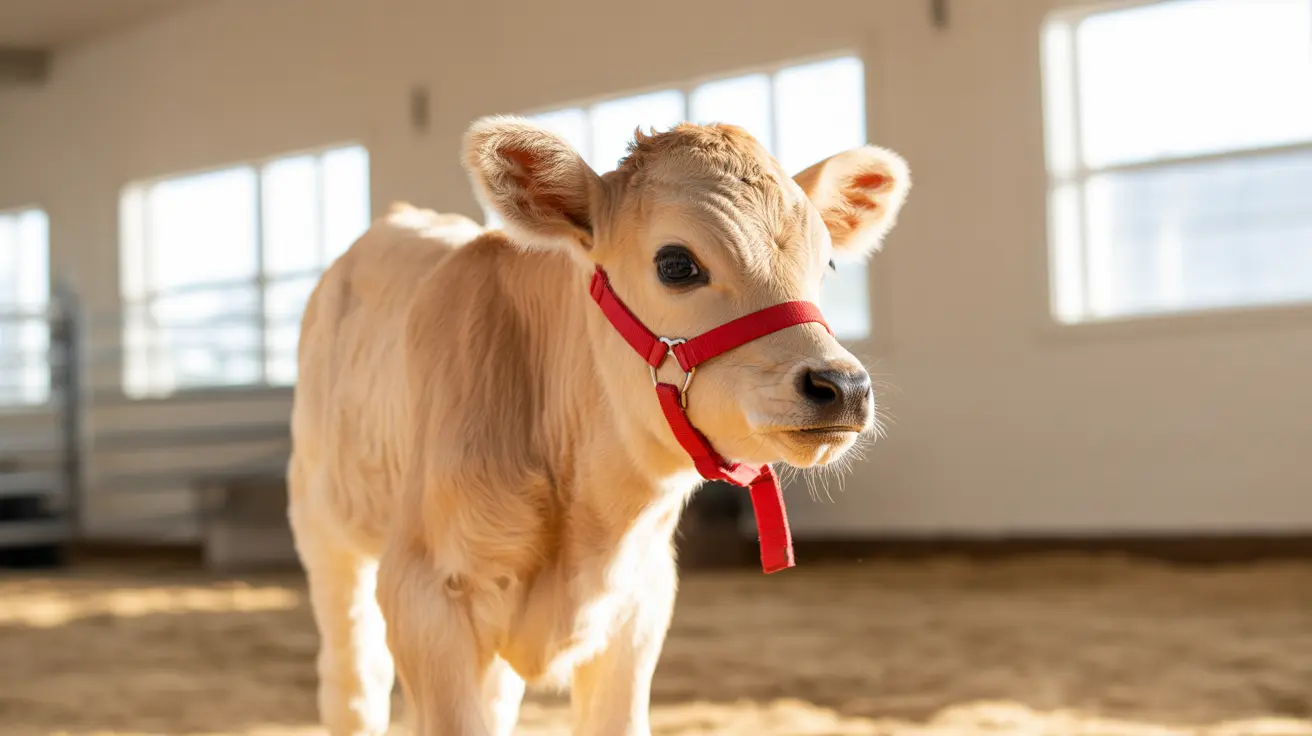Why Raw Pork Is Dangerous for Dogs: What Every Pet Owner Should Know
Feeding our dogs a healthy and safe diet is one of the most fundamental responsibilities we have as pet parents. Dogs are omnivores that thrive on a balanced mix of proteins, fats, and carbohydrates, and many of us choose to supplement their meals with a variety of meats. However, not all meats are suitable for canine consumption. One meat you should never feed your dog is raw pork.
Understanding the Risks of Pork
Pork may be a staple in human diets, but when it comes to dogs, certain precautions must be taken. While thoroughly cooked pork can be a protein source, raw pork poses serious health risks to your furry companion.
Main Dangers Associated with Raw Pork
- Trichinella Spiralis Parasites: Raw or undercooked pork can contain Trichinella spiralis larvae, which lead to trichinosis—a parasitic infection that can cause fever, inflammation, lethargy, and other serious symptoms in dogs.
- Harmful Bacteria: Pork may harbor dangerous bacteria such as Salmonella and Listeria, leading to foodborne illnesses that affect both dogs and humans.
- High Fat Content: Pork is naturally high in fat, which dogs can't always digest easily. This may trigger pancreatitis, a painful and potentially life-threatening condition.
Trichinosis in Dogs: Symptoms and Treatment
Trichinosis is caused by the ingestion of Trichinella larvae. When dogs consume contaminated meat, the larvae mature in the intestines and migrate to the muscles. Symptoms may include:
- Vomiting and diarrhea
- Muscle pain and stiffness
- Lethargy and weakness
- Fever
If you suspect trichinosis, immediate veterinary intervention is critical. Diagnosis is typically made through blood tests and symptom observation, and treatment often requires antiparasitic medications.
Cooked Pork: Is It Safe?
Yes, properly cooked pork can be safe for dogs—but only in moderation. Pork should be cooked to an internal temperature of at least 145°F to kill any parasites or bacteria. Avoid any seasoning, especially garlic, onion, or excessive salt, which are toxic to dogs.
Other Meats to Avoid
While raw pork is the most notable, other types of meat should also be approached with caution:
- Raw chicken or turkey: May cause Salmonella or Campylobacter infections.
- Raw fish: Some types contain harmful parasites or high mercury levels.
- Processed meats: Bacon, sausage, and deli meats are laden with sodium and preservatives.
Healthier Meat Alternatives for Dogs
To provide safe and nutritious proteins, consider these dog-friendly meats:
- Chicken (cooked): Lean, easily digestible, and widely tolerated.
- Turkey (cooked, skinless): A lean protein source that’s low in fat.
- Beef (cooked): Contains essential amino acids and minerals when served plain and lean.
- Salmon (cooked, boneless): Rich in Omega-3 fatty acids, promoting a healthy coat and skin.
Raw Food Diets: Proceeding with Caution
While some pet owners support raw food diets for dogs, it's essential to implement them cautiously and under guidance from a licensed veterinarian. Raw pork should always be excluded from such diets due to the known risks.
Tips for Preventing Meat-Related Illnesses
- Avoid feeding your dog raw meat unless advised and supervised by a veterinary specialist.
- Cook meat thoroughly without seasoning, sauces, or bones.
- Introduce new proteins gradually to monitor for allergic reactions or sensitivities.
- Store meats properly to prevent bacterial growth even before cooking.
Conclusion
When it comes to feeding your dog meat, being informed is your best protection. Raw pork should never be included in your dog’s diet, as it carries too many risks including parasites, bacteria, and high fat content. Opt for safer alternatives and always prioritize quality and safety in your dog's meals. Keeping your canine companion healthy starts with what you place in their bowl.





